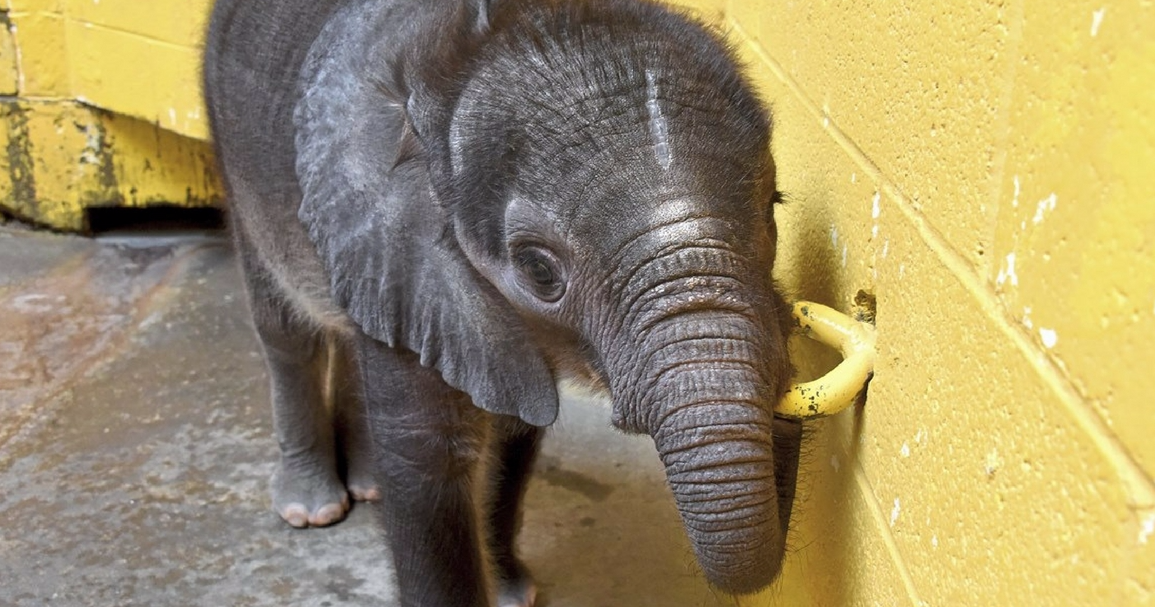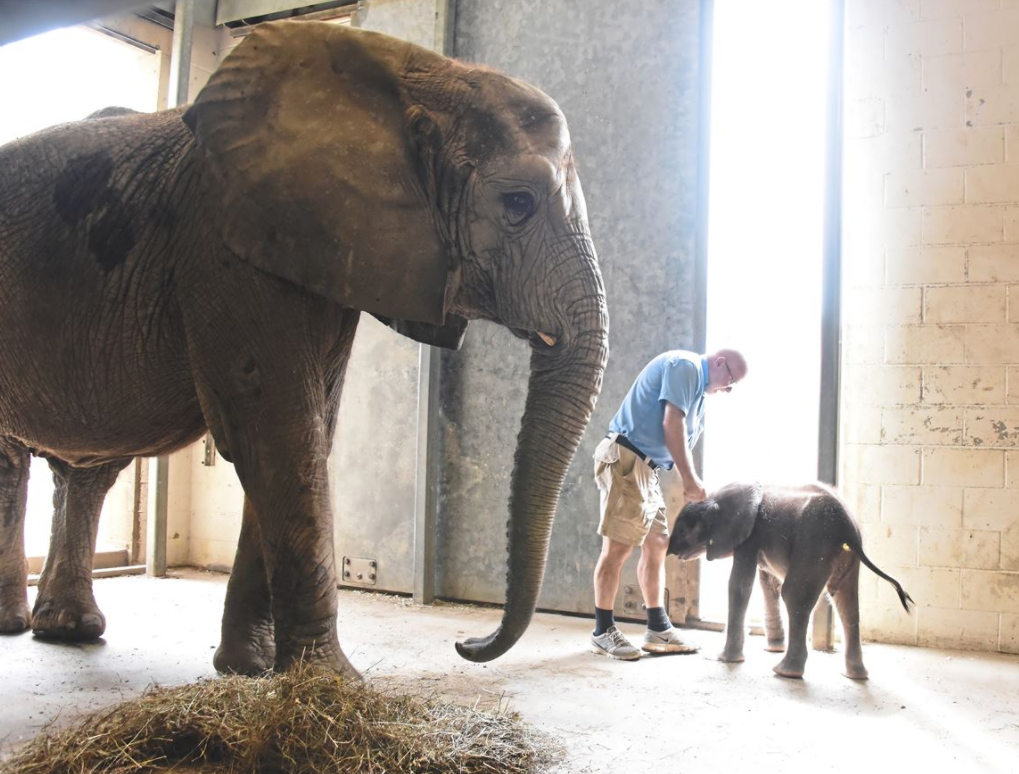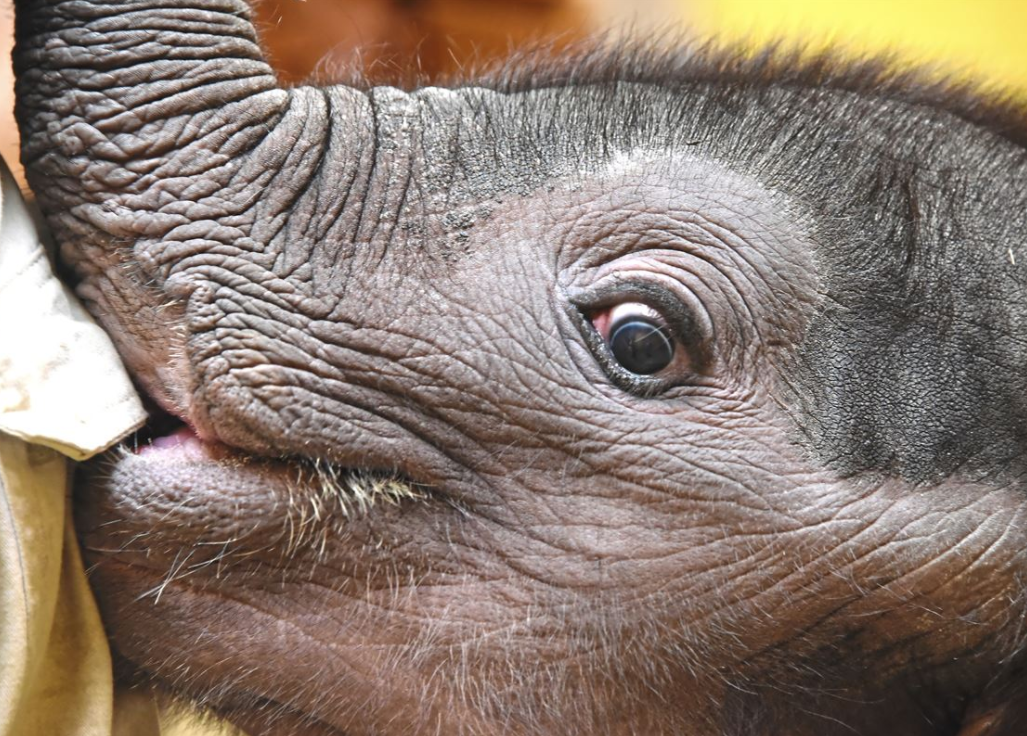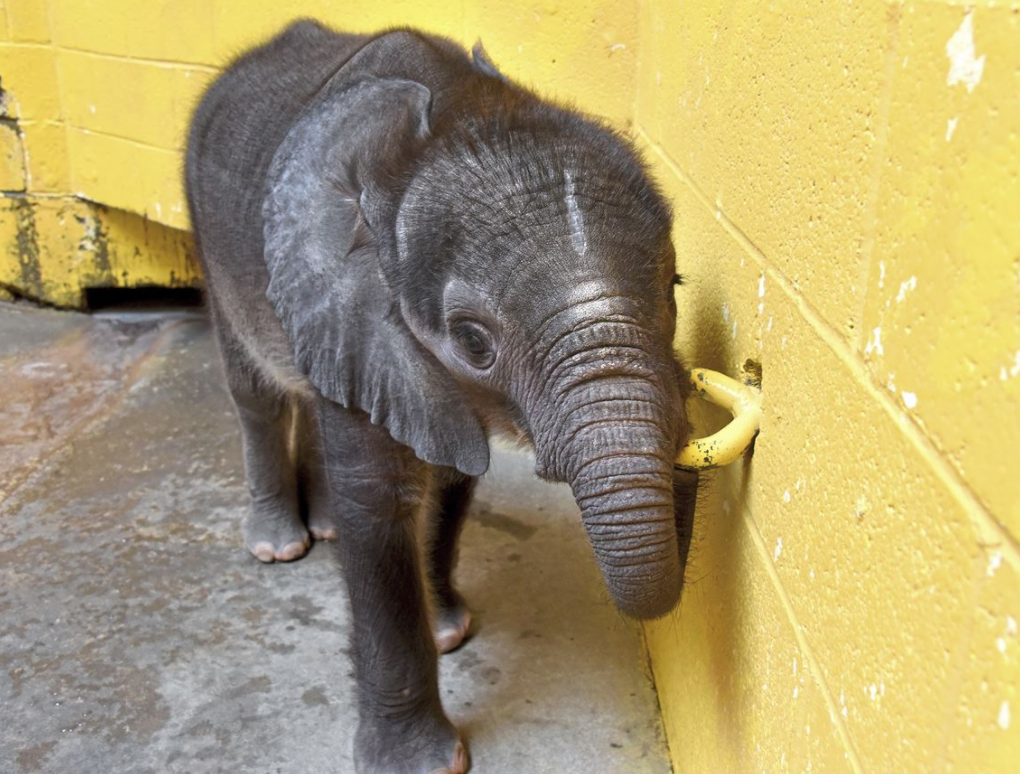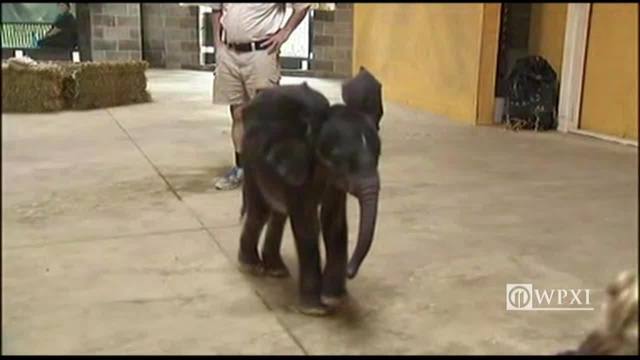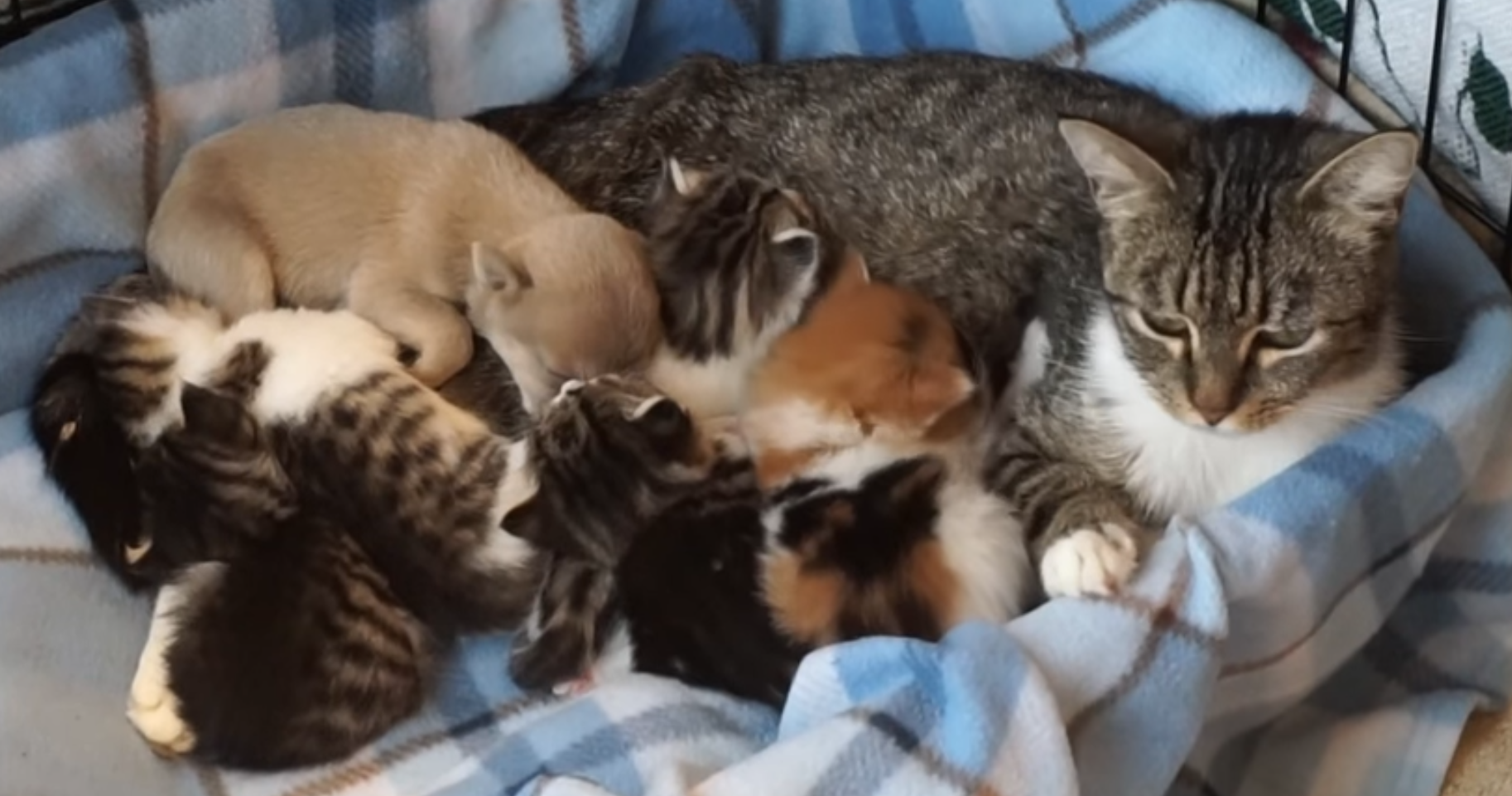After taking a turn for the worse, Pittsburgh zoo staff were concerned for a baby elephant's health after she was born prematurely on June 6.
The young female nicknamed "Baby" was experiencing teething pain which led to an erratic eating pattern that stopped her from gaining weight.
"It's an intense pain," she said. "When we talked to the wildlife trust, they said this is a very critical time, that this is when they lose the most calves. When they're teething."
While this behavior is normal in young elephants, baby at Baby's small size of 184 pounds, every pound counts for the calf. The average weight of an elephant baby of her age is 220 pounds, and instead of gaining weight, she has lost 15 pounds since her birth.
"We are very much concerned about losing her. It would be very hard on the staff to lose her. Because really, all of our friends, all of our staff have been very involved with her. She's just a really neat animal. She really is," Barbara Baker, president of the Pittsburgh Zoo and PPG Aquarium.
Heading into surgery, zoo staff said that the next 24-48 hours were critical for the young elephant.
The elephant had been placed in hospital care where a feeding tube was inserted to help get her the nutrients she needs.
"She's having a feeding tube put into her esophagus so that we might be able to provide her with food even though her mouth is too painful for her to want to eat, so unfortunately she's continued to lose weight and we're very, very, very worried about her," said Baker.
"The combination of milk and the formula should be what she needs, but the problem is she's just not taking enough of it," Dr. Baker said. "She'll eat periodically, but she's just not taking enough of it to sustain life at this particular point."
The elephant rejected any attempt at force feeding, that's when they decided to insert an esophageal tube by making an incision in the calf's neck, behind her ear. The idea of using an intravenous catheter was rejected because the elephant was able to pull it out on her own using her trunk.
"Once she's out of surgery, we'll take her right back to the rooms she's used to being in," said Dr. Baker. "She has sort of one stall that she treats as a bedroom and she sleeps in there. The other stall is a playroom and an area where we bathe her and stuff like that. So, she'll go right back there again. We want her to wake up there, we want her to be comfortable where she was. And we need her to sleep, too, as well. She seems to eat better when she can sleep."
"We want to see her begin to look perkier, to begin to actually, ironically, suck on our thumbs more vigorously, be a little bit more active. We also want to see her accept the tube and allow us to get nutrition into her and not try to take it off," she said.
Zoo officials said the day following surgery, the calf was up and moving around. The procedure had gone well and the calf was receiving food through her feeding tube.
Baby was born a month early at the zoo's International Conservation Center in Somerset County. Her mother Seeni, was orphaned as a calf herself in Botswana and never learned how to care for her young.
Zoo officials said that she original rejected the calf, while showing interest in her, she didn't want to care for the baby. That's when the zoo decided to separate the two.
"This is not a decision that you ever want to have to make. But the health and welfare of the calf was our top priority. We made the decision to transport the calf back to Pittsburgh, and introduce her to our herd here," zoo's elephant manager Willie Theison said.
Source: CBS Pittsburgh / WPXI / Pittsburg Post-Gazette
